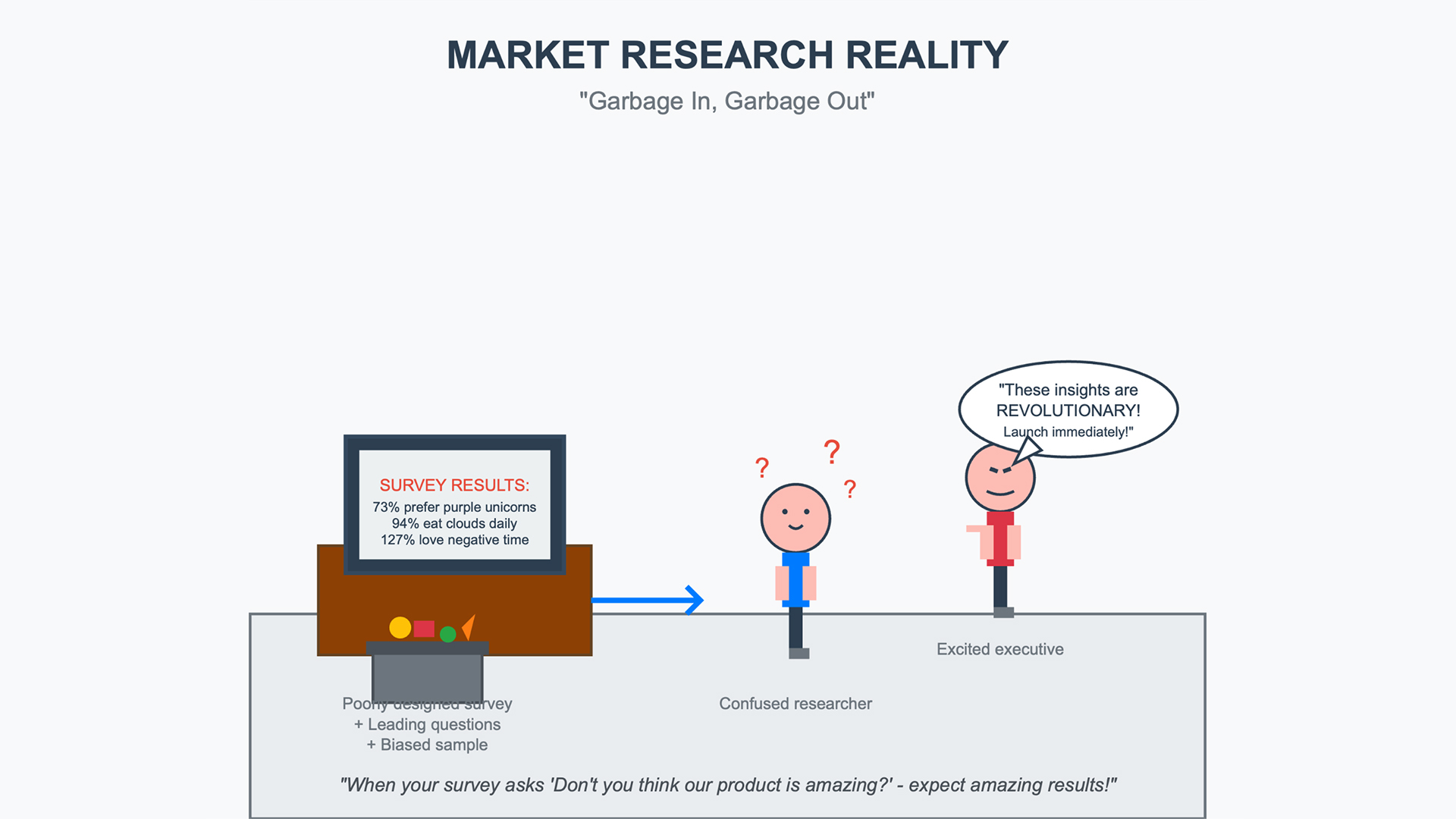Did you know that Starbucks used marketing research focus groups when rolling out their loyalty cards? Starbucks didn’t know that they could charge their customers twenty-five dollars to carry a loyalty card for their coffee shops until they conducted a focus group. The concept seemed absurd at first. The idea only caught steam once it was tested with professional market research focus groups with real customers to gauge their reactions.

As it turns out, many Starbucks loyalists will happily pay the twenty-five dollars if it means they get the discounts and vibe of exclusivity associated with that card. In the article “Starbucks: Give Your Customers Free Stuff (For a Price)” CBS News summarized these finding:
At Starbucks, the answer began by trying, through focus groups, to understand what its most loyal customers really want. These focus groups revealed that customers were willing to stick with Starbucks if the company helped them feel that they were saving even as they indulged themselves.
This was a eureka moment and a clear demonstration of the power that professional market research focus groups can have. When marketing research focus groups are used properly, they aid in the profitability and success of any new product or service rollout.
What Does A Focus Group Consist Of?
The beautiful thing about a focus group is how much control a company or market research firm can exert over that group. A focus group is often better than a random sampling of the public because a focus group can be made up of people from certain key demographics that make up the vast majority of customers at a certain firm.
A business may decide that they want to expand their outreach to women between the ages of twenty-five and forty-five who live in rural communities to pitch them a new product. A focus group of people who match that description can be gathered together to discuss whatever aspects the company wants to discern regarding the new product.
The conversations that the focus group has as well as any advice that the group may have for the company marketing to them may be recorded and diligently documented to see where changes may need to be made.
Information And Its Usefulness
Focus groups are truly invaluable in terms of the insights that they can provide, but remember that they are not perfect either. There are pitfalls to avoid when using such a strategy to get information from focus groups.
Words vs. Actions
There are occasions in which a focus group participant may say that they feel a certain way about the product they are questioned about but may act completely differently. In economics, this is known as revealed preference. As discussed in “How to Fix the 5 Most Common Mistakes with Focus Groups” some participants may feel pressure to say what they think the focus group researchers want to hear.
Sample Size Issues
Sometimes focus groups may consist of too few people to draw broad conclusions about the findings of that group. The group may not be representative of the public as a whole or even of the demographics that they were meant to stand in for.
Introverts
Believe it or not, introverts in a focus group can be a problem. They often do not speak up and simply go along with what the majority of the group seems to agree on. They are not necessarily offering their true opinion when they do this, and that might cause problems in terms of reviewing the results of any given focus group.
Each of these issues (and others) can potentially crop up in a focus group. The group’s organizers must prepare for these concerns and understand how they can impact the data.
Cost Versus ROI
A final consideration to make before conducting a focus group is the cost of doing so versus the expected rate of return. In many cases, the reward is well worth putting the group together. However, in some hyper-narrow focus groups, the costs may outweigh the potentially actionable data that comes is derived from them. Additionally, anyone who allows their focus groups to get derailed and lose their value may also run into cost issues.
Contact marketing research at New Perspectives for further details about professional market research focus groups and how they can benefit you.


